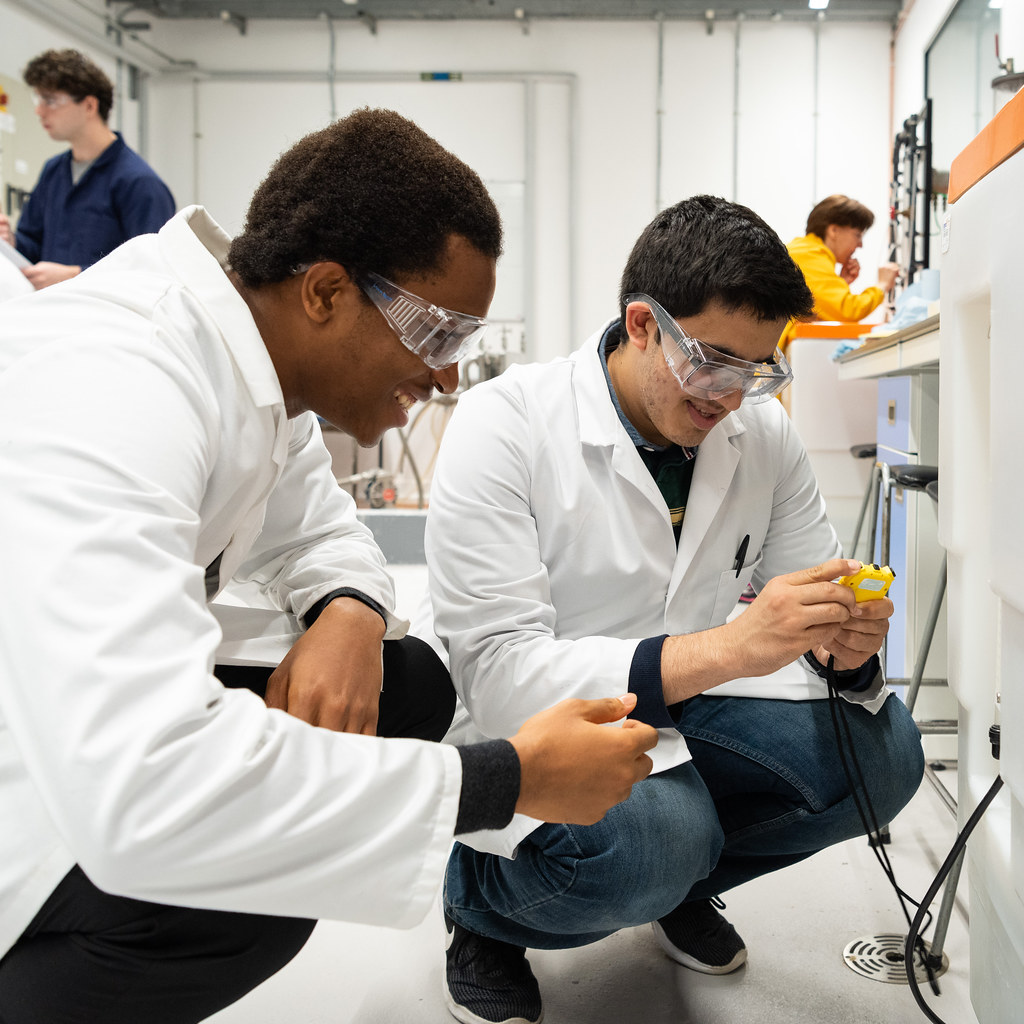We offer over 190 undergraduate degrees in subjects including engineering, humanities, management, science, and social science, taught by academics who are experts in their fields. You will directly benefit from their knowledge and be able to develop your own interests.
You'll also have access to:
- a range of study spaces, on campus and in town, to help you learn in an environment that suits you
- opportunities to develop additional skills to help you study and prepare for future employment



